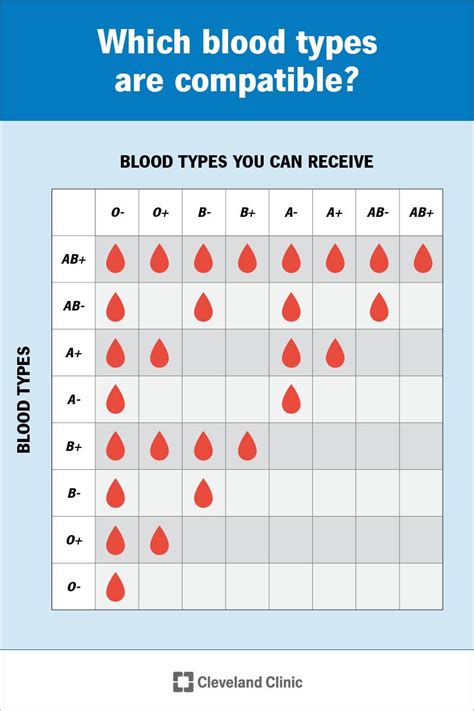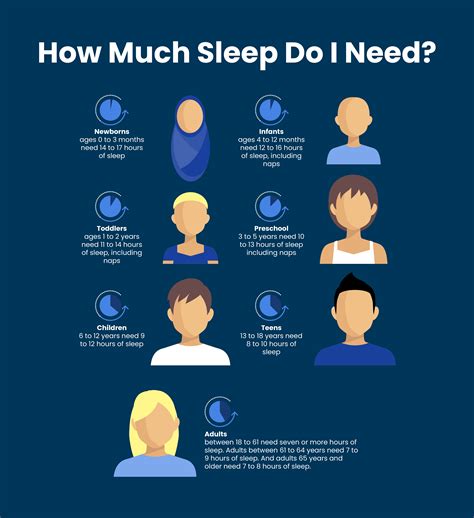Introduction
Vitamin D is an essential nutrient that plays a vital role in various bodily functions, including bone health, immune system function, and disease prevention. The recommended daily intake of vitamin D varies depending on factors such as age, sex, and sun exposure. This article explores the latest research and official recommendations to provide you with an in-depth understanding of how much vitamin D you need per day in 2025.

Daily Vitamin D Requirements
The recommended daily intake of vitamin D has been established by leading health organizations, including the National Institutes of Health (NIH) and the Institute of Medicine (IOM). Here is a breakdown of their current recommendations:
| Age Group | Daily Vitamin D Intake |
|---|---|
| Infants (0-12 months) | 400 IU |
| Children (1-18 years) | 600 IU |
| Adults (19-70 years) | 600 IU |
| Adults (71+ years) | 800 IU |
| Pregnant and lactating women | 600 IU |
The Role of Sun Exposure
Sunlight is the primary natural source of vitamin D. When the skin is exposed to sunlight, it produces vitamin D3, which is then converted into an active form by the body. The amount of vitamin D produced depends on several factors, including:
- Time of day: Sunlight exposure during peak hours (10 am to 4 pm) is most effective.
- Season: Vitamin D production is lower during the winter months.
- Latitude: People living at higher latitudes receive less sunlight, leading to lower vitamin D levels.
- Skin color: Darker skin tones produce less vitamin D than lighter skin tones.
Vitamin D Deficiency
Vitamin D deficiency is a common problem, affecting approximately 1 billion people worldwide. Deficiency can occur due to inadequate sun exposure, limited dietary intake, or certain medical conditions. Symptoms of vitamin D deficiency can include:
- Bone pain and muscle weakness
- Increased risk of fractures
- Impaired immune function
- Depression and mood disorders
Health Benefits of Vitamin D
Vitamin D is essential for maintaining overall health and well-being. Here are some of the key health benefits associated with adequate vitamin D levels:
- Strong bones: Vitamin D helps the body absorb calcium, which is necessary for bone health and preventing osteoporosis.
- Improved immune function: Vitamin D supports the production of immune cells and helps protect against infections.
- Reduced risk of chronic diseases: Studies have linked adequate vitamin D levels to a lower risk of chronic diseases such as cardiovascular disease, diabetes, and certain cancers.
Vitamin D Sources
Vitamin D can be obtained from both food and sun exposure. Here are some good sources of vitamin D:
- Fatty fish: Salmon, tuna, and mackerel
- Fortified foods: Milk, yogurt, and cereal
- Egg yolks
- Mushrooms
- Sunlight: Exposure to sunlight for 10-15 minutes per day
Vitamin D Supplementation
If dietary intake and sun exposure are insufficient, supplementation may be necessary to ensure adequate vitamin D levels. Vitamin D supplements are available in various forms, including capsules, tablets, and liquid drops. It is important to consult a healthcare professional before taking supplements to determine the appropriate dosage and avoid potential side effects.
Future Trends in Vitamin D Research
Research on vitamin D is continuously evolving, with emerging evidence highlighting its role in various aspects of health. Here are some future trends to watch out for:
- Personalized medicine: Research is focusing on developing personalized vitamin D recommendations based on individual factors such as genetics and lifestyle.
- New applications: Vitamin D is being explored for potential applications in treating conditions such as autoimmune diseases, cardiovascular disease, and neurodegenerative disorders.
- Importance of vitamin D throughout the lifespan: Studies are investigating the role of vitamin D from infancy to older adulthood, emphasizing its importance for overall health and well-being.
Conclusion
Vitamin D is an essential nutrient that plays a vital role in various bodily functions. The recommended daily intake varies depending on age, sex, and sun exposure. By understanding the importance of vitamin D, ensuring adequate intake through diet and sun exposure, and consulting a healthcare professional for supplementation if necessary, individuals can optimize their vitamin D levels and reap the numerous health benefits it offers. As research in this field continues to advance, personalized medicine and new applications are expected to further enhance our understanding of vitamin D’s role in maintaining optimal health and well-being in 2025 and beyond.
















